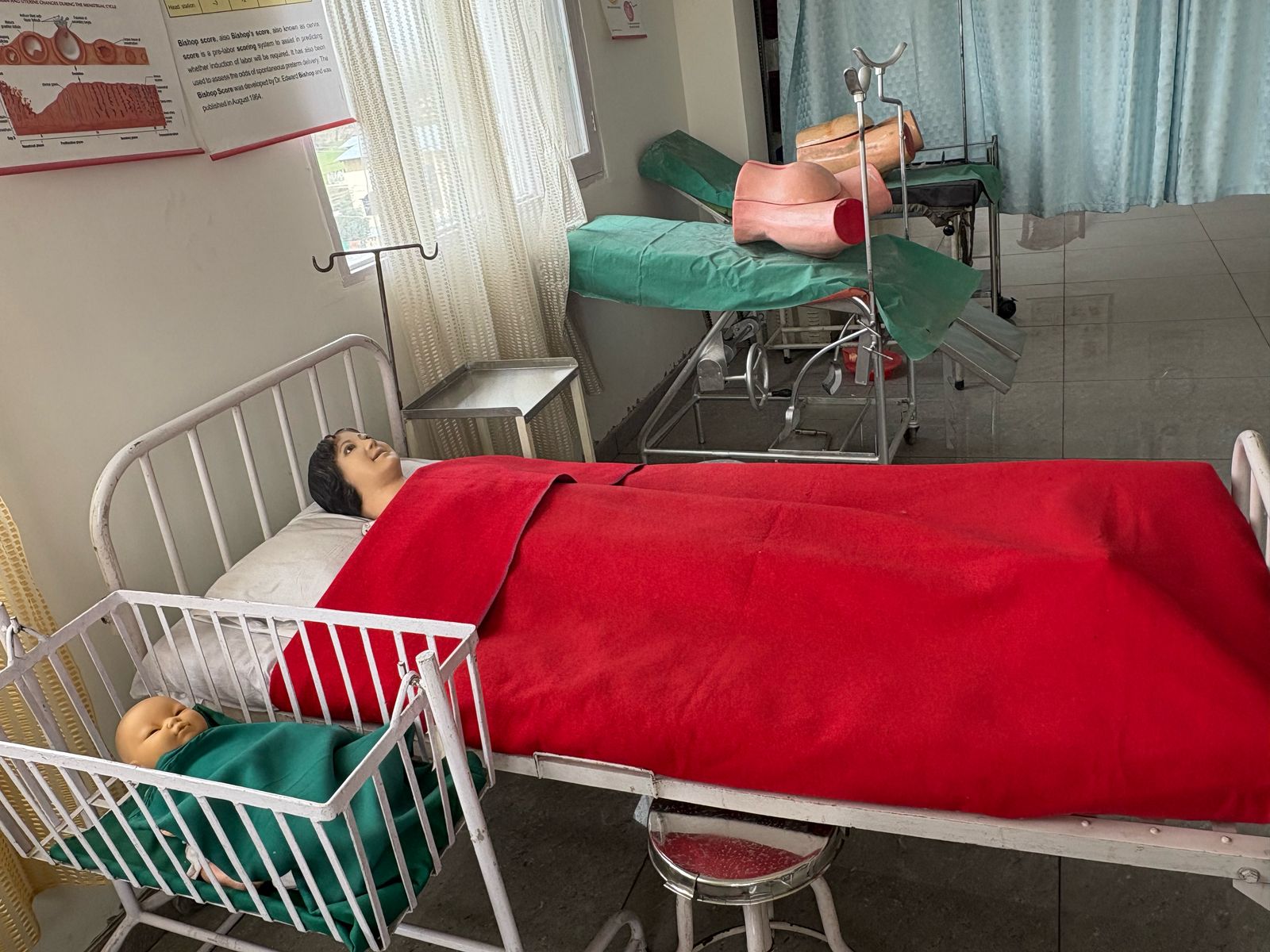Departments
Department of Obstetrics and Gynecology Nursing

An OBG department, or Department of Obstetrics and Gynecology, focuses on the comprehensive care of women's reproductive health, encompassing both pregnancy and non-pregnant conditions. It deals with conditions related to the female reproductive system, including pregnancy, childbirth, and other female health issues.
Key aspects of an OBG department include:
- Obstetrics:This branch focuses on pregnancy, childbirth, and the postpartum period, including antenatal care, labor and delivery, and postpartum follow-up.
- Gynecology:This branch deals with all aspects of women's reproductive health outside of pregnancy, including menstrual disorders, infertility, contraception, menopause, and gynecological cancers.
- Infertility Management:OBG departments often offer specialized services for couples struggling with infertility, including diagnostic testing and treatment options.
- Family Planning:OBG departments provide counseling and services related to contraception and family planning, including access to various methods of birth control.
- Cancer Screening and Treatment:OBG departments play a vital role in screening for gynecological cancers, such as cervical cancer, and providing treatment options, which may include surgery, radiation therapy, and/or chemotherapy.
- High-Risk Pregnancy Management:OBG departments manage pregnancies with complications or risk factors, such as gestational diabetes, preeclampsia, and multiple pregnancies.
- Minimally Invasive Surgery:OBG departments often offer minimally invasive surgical procedures, such as laparoscopic and hysteroscopic surgery, for various gynecological conditions.
- Teaching and Training:Many OBG departments are involved in the education and training of medical students, residents, and fellows in the field of obstetrics and gynecology.
- Research:OBG departments often conduct research to advance knowledge and improve patient care in the fields of obstetrics and gynecology.